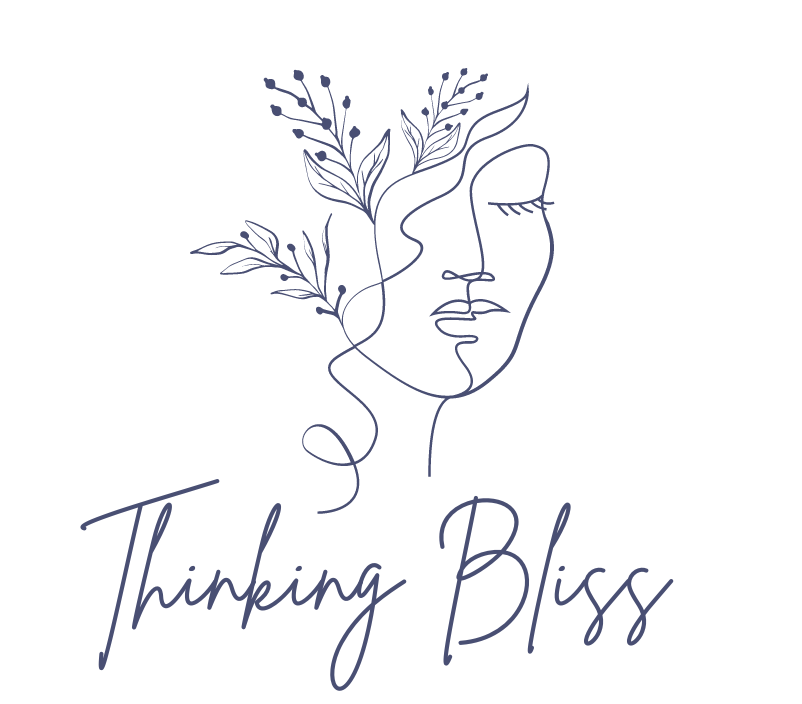03. The Science of Happiness: Insights from Positive Psychology
Positive psychology is the scientific study of what makes life worth living, focusing on strengths and virtues that enable individuals and communities to thrive. It’s often referred to as the “science of happiness,” and it’s here to reveal the secret ingredients to a fulfilling life. So, what are the key insights that this fascinating field of study offers us? Let’s explore together.



Happiness is More than Emotion
One of the critical insights from positive psychology is that happiness is not just an emotion. Instead, it’s a state of being that includes living a meaningful life, utilizing your gifts, and contributing to other people’s lives. It’s a multifaceted construct that encompasses pleasure (tasty food, warm baths, etc.), engagement (the absorption of an enjoyed yet challenging activity), relationships, and a sense of purpose.
The Power of Positive Emotions
Positive emotions are not just the markers of flourishing lives but also the precursors. They widen our horizon and help us build psychological, intellectual, and social resources. They increase our openness to new ideas and experiences, encourage us to dream big and see endless possibilities, improve our resilience to stress, and help us bounce back from adversities.

The Role of Mindset
Positive psychology shows us that our mindset dramatically influences our experience of happiness. People with a growth mindset, those who believe that abilities and talents can be developed over time, are more likely to experience happiness and satisfaction. They see challenges as opportunities to learn and grow, making them more resilient to life’s inevitable setbacks.
Mindfulness and Gratitude
Practicing mindfulness and gratitude is strongly linked with increased happiness. Mindfulness, the act of being fully present and engaged in the moment, helps us appreciate the beauty in everyday life, reducing stress and promoting contentment. Simultaneously, expressing gratitude, whether to others or privately acknowledging what we’re thankful for, fosters positive feelings and improves our overall sense of well-being.


Positive Relationships
Our relationships with others play a significant role in our happiness. Deep, meaningful connections with others contribute to our sense of self and purpose. They offer support in difficult times, provide a sense of belonging, and create joy in our lives.
Cultivating Strengths and Virtues
Positive psychology emphasizes the importance of identifying and cultivating our strengths and virtues. Doing so not only increases happiness but also leads to success in various life domains. Whether it’s creativity, kindness, bravery, humor, or any other personal strength, recognizing and utilizing these traits can lead to a more fulfilling and joyful life.


Happiness is a Journey
Finally, positive psychology tells us that happiness is not a destination, but a journey. It’s not about achieving a perpetual state of bliss, but understanding that our life is a mix of highs and lows, and it’s how we navigate these ups and downs that determine our happiness. It’s about finding joy in the journey, not just the destination.Understanding the science of happiness is the first step to leading a happier life. Positive psychology gives us the tools to do just that. As we implement these insights into our lives, we’ll find that happiness isn’t something to be chased—it’s something to be cultivated from within. So, embrace these lessons, and let your journey to a fulfilling and meaningful life begin.

